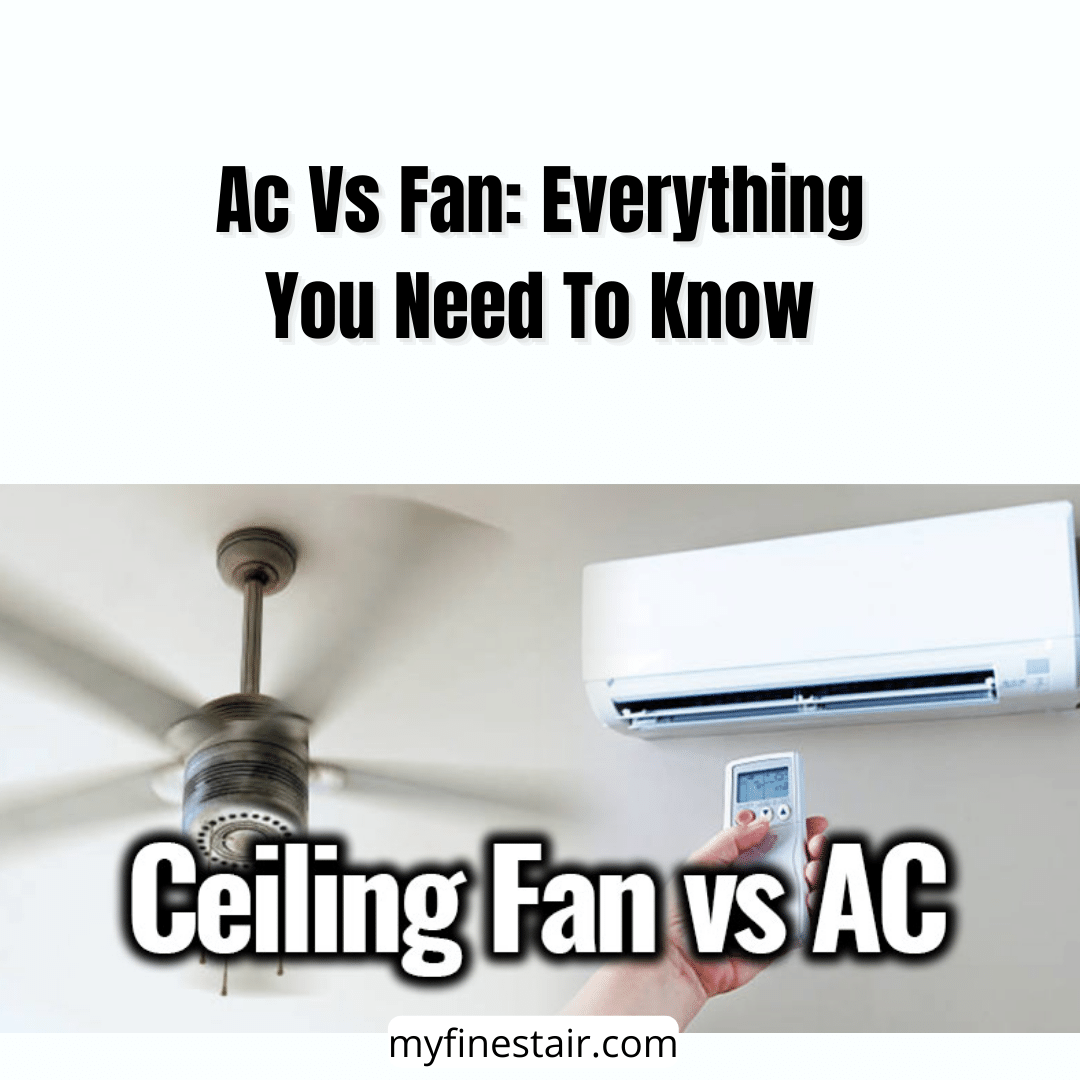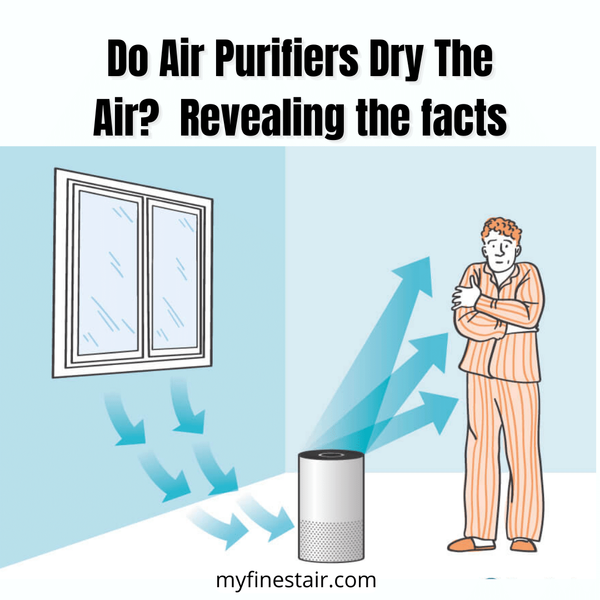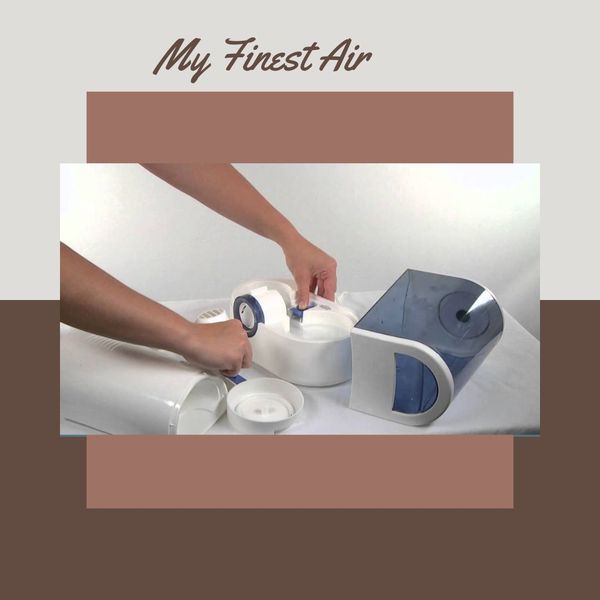So we better understand your desire to keep your living space cool enough to survive the hottest days of the year at the maximum comfort possible with the help of fans or air conditioners. The discussion on Ac Vs. The fan will focus on the following points:
- Comparative Energy Cost
- Different Types
- Cost Of Using Products
- Pros and Cons of Fans Vs Ac
- How Do They Work?
Our mission is to provide our readers with the best knowledge available on the subject they are searching for. Air conditioners are super coolers in comparison to that fans. Keep reading to explore more.
Ac Vs. Fan - Which One Is Best For You?
While considering air conditioners and fans during summer for your peaceful and comfortable survival against super hot weather. The major factor that requires proper consideration before making decisions is the relative cost of owning an AC and a fan. Generally speaking, fans are much cheaper to use than air conditioners. Many factors require your tension in this regard. These factors are explained in detail below:
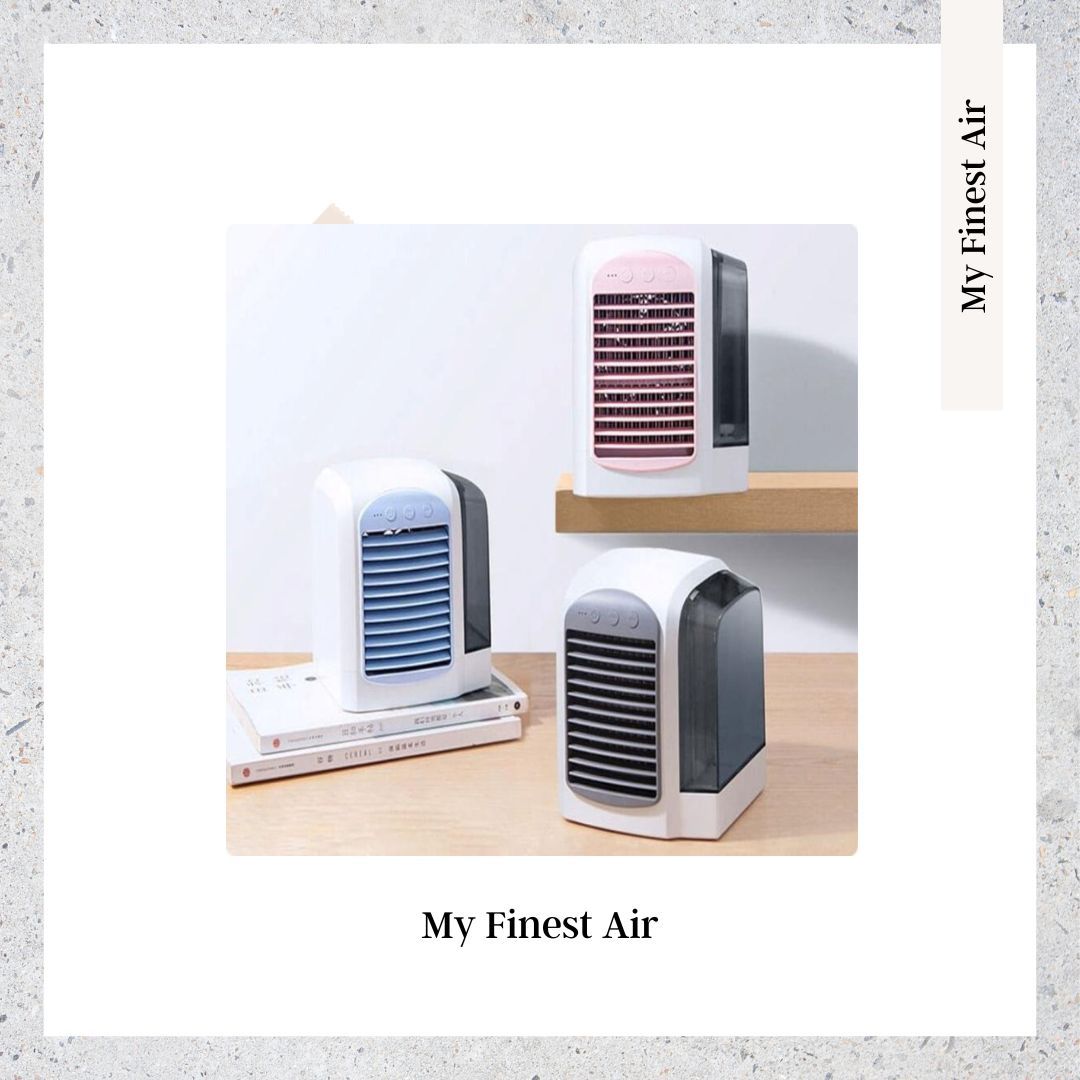
Fans Types And Usage
Depending upon their distinctive features, fans are of several types. But there were going to discuss the types of fans based on AC and DC. on this basis, we can divide the fans into the following two types:
- Fans running on 110 alternative current Volts.
- Fans running on DC, which means direct current.
Comparative Costs Of AC and DC Fans
Before discussing the comparative costs of AC and DC fans, let us first explore the costs in terms of the long-term usage of both types of fans. DC fans are considered more reliable in terms of saving energy costs for you than AC fans, but initially, you will pay more for your DC fans as they cost a little more than AC fans.
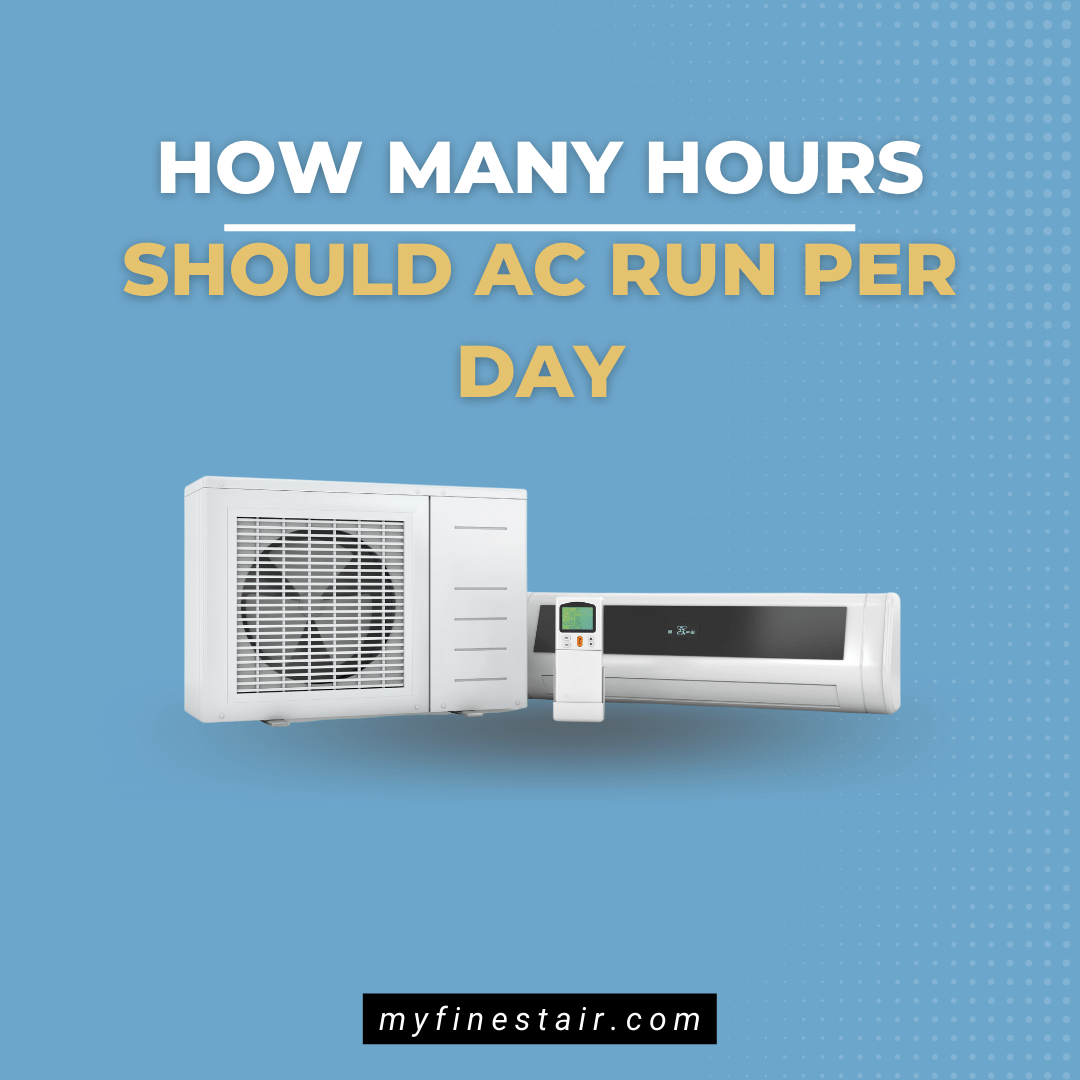
Air Conditioners Usage Cost
Air conditioners are much more expensive than ceiling fans during summer. Our research team has found that the cost of air conditioners in California during hot days is 50% of the total cost of energy used in homes.
The cost value is quite alarming as it revolves around 400 to 500 Dollars a month. Air conditioners are undoubtedly luxurious, but at the same time, they will cost you a lot more money to cool your living space during the summer season.
See Also: Carrier vs. Trane - Which One Is Better?
Pros Of Owning Fans
- Friends are relatively much cheaper in comparison to air conditioners.
- Friends are more likely to work for a longer period.
- Friends are relatively safe for the environment as they do not produce harmful gasses like air conditioners.
- There are portable fans that can be easily moved around your living space.
- The installation process is quite easy.
- They don't require regular maintenance.
Cons Of Owning Fans
- A fan's cooling capacity is much lower in comparison to the capacity of an air conditioner.
- Friends are useless during the hotter days of Summer.
- The Blades of your fan can cause potential health hazards if not cleaned properly.
- Fans only circulate the air and do not filter it.
- fans are helpless in maintaining humidity levels.
Check Our Guide: Portable AC Keeps Shutting Off – How To Fix It For Use?
Pros Of Owning Air Conditioners
- Air conditioners are the only reliable source to cool a large area in high temperatures and humidity.
- Only air conditioners can cool the air potentially around your living space.
- Air conditioners fill the gap of a humidifier by humidifying the air and keeping the level in control.
Cons Of Owning Air Conditioners
- Air conditioners are much more expensive than fans to install, operate, maintain and handle.
- Air conditioners require a perfectly planned place in the room where they will be installed.
- Air conditioners produce harmful gasses to the atmosphere and natural ecosystems.
- Lastly, air conditioning units require regular maintenance.
Our Suggestions
Keeping in mind the whole discussion, we recommend our readers consider both fans and air conditioners and use them per the season's requirement or the weather.
Like in the Spring season, you can use only fans, which are quite cheap and energy savers; during the hotter days when the temperatures are rising, you can use your air conditioner to survive. .harsh weather conditions.
Frequently Asked Questions
What uses more electricity: the air conditioner or the fan?
An air conditioner will use more electricity than a fan. For example, the smallest air conditioner will use 750 watts of electricity per hour. This means that if the air conditioner runs 12 hours a day, it will produce seven units. On the other hand, a regular fan will use about 75 watts of electricity per hour.
Which consumes more electricity, the inverter AC or the fan?
An air conditioner unit uses much more electricity than a normal fan because all types of air conditioners, converter or not, require a refrigeration cycle for the air conditioner to function. But this mechanism is for a fan, so a fan uses less energy than an air conditioner, whether it has a converter or not.
How many units of electricity does a 1.5-ton AC use in an hour?
According to the research done by our team, if you run a 1.5-ton AC unit for an hour, it will produce 5.27 units for an hour.
Final Words
To summarize the entire discussion, we can conclude that a typical ceiling fan always consumes less electricity than an air conditioner because the refrigeration cycle in an air conditioner is used to cool the air by removing moisture. For example, a typical ceiling fan uses 75 watts per hour. On the other hand, an air conditioner uses 750 watts per hour.
In terms of health, if you live in a cold climate, a regular ceiling fan is better than an air conditioner because running the air conditioner for too long removes the necessary moisture from the air. It triggers the problems like dry skin and sinuses.


